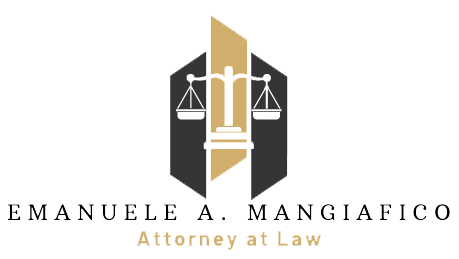If you are buying or selling property in Connecticut, it is essential to understand the laws that govern real estate transactions. Real estate law is a complex area that covers a wide range of issues, including property rights, zoning laws, and environmental regulations.
Whether you are a first-time homebuyer or a seasoned real estate investor, a qualified attorney can help you navigate the legal complexities of your transaction. Here are some key things to keep in mind when it comes to real estate law in Connecticut:
- Disclosure Requirements: Sellers in Connecticut are required to disclose any known defects or issues with the property they are selling. Buyers have the right to know about any potential problems before they close on a sale.
- Zoning Laws: Zoning laws in Connecticut regulate how land can be used and developed. If you are planning to build on a piece of property or use it for a specific purpose, you will need to make sure you are in compliance with local zoning regulations.
- Environmental Regulations: Connecticut has strict environmental regulations that impact real estate transactions. For example, if you are buying or selling a property that has a history of contamination, you will need to comply with state and federal laws related to cleanup and remediation.
- Contract Review: Real estate transactions involve a lot of legal documents, including contracts, deeds, and mortgages. A qualified attorney can review these documents to ensure that your interests are protected and that the terms of the agreement are fair.
Navigating the world of real estate law in Connecticut can be daunting, but with the help of an experienced attorney, you can ensure that your transaction is legally sound and in your best interest. Contact us today to schedule a consultation and learn more about how we can assist you with your real estate needs.




